Gastrointestinal Drugs
1/17
There's no tags or description
Looks like no tags are added yet.
Name | Mastery | Learn | Test | Matching | Spaced | Call with Kai |
|---|
No analytics yet
Send a link to your students to track their progress
18 Terms
Gastroesophageal Reflux Disease (GERD), What is it and what does it do long term?
most common GI issue in the United States
-known as heartburn
- This is when stomach acid flows backward through the lower
esophageal sphincter into the unprotected lining of the
esophagus.
- Long-term untreated heartburn = esophageal damage or cancer
What will you see as a DH in a pt with GERD, aka heartburn?
signs in mouth of GERD
noted as acid erosion on enamel (mostly linguals and occ
pitting), pt stating taste alterations, and pt stating bad taste in
mouth.
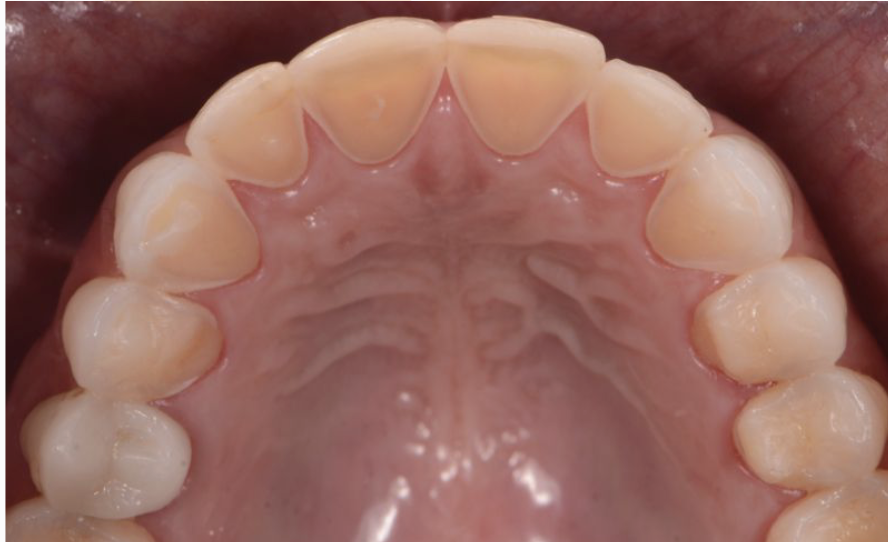
What are is the treatment for GERD aka heartburn?
To decrease stomach acid via histamine 2 blockers (H2) or proton pump inhibitors. Constricting esophageal sphincter via GI stimulants. Relief of symptoms via antacids.
What is an Ulcer and how will the DH identify this? What bateria causes it? What are the treatments for Ulcers?
You can see sores in the mouth or pt has sores in the small intestinal tract. Caused by h.pylori bacteria or overuse of NSAIDS.
Treatment include: antibiotic treatment for h.pylori bacteria
H2 or PPI to reduce stomach acid.
What are the 3 drug groups for GI issues?
Histamine 2 blocker (H2)
Proton Pump Inhibitors (PPI)
Antacids
Explain what a Histamine 2 Blocker (H2) does, what issue it treats and common H2 drugs.
These drugs block histamine induced gastric acid secretions in the
lining of the stomach (reduce stomach acid therefore)
-Typically used to treat GERD and ulcers
-Drug names usually end in “- tidine”
-Examples:
cimetidine (Tagamet)
famotidine (Pepcid)
ranitidine (Zantac)
Explain what a proton pump inhibitor (PPI) does, what issue it treats and common PPI drugs.
Theses work by inhibiting gastric and acid secretions
-Most well known drug for GERD management
-Drug names usually end in “-prazole”
-Examples:
omeprazole (Prilosec)
lansoprazole (Prevacid)
esomprazole (Nexium)

Explain what an antacid does, what issue it treats and common antacid drugs. What’s a unique thing about antacids? who should avoid them because of this unique thing?
These function by neutralizing the acid of the stomach
-Commonly used for GERD (heartburn), upset stomach, indigestion
-Key ingredient is sodium bicarbonate, which is an alkalizing agent
(baking soda!)
-Examples:
Rolaids
Tums
Mylanta
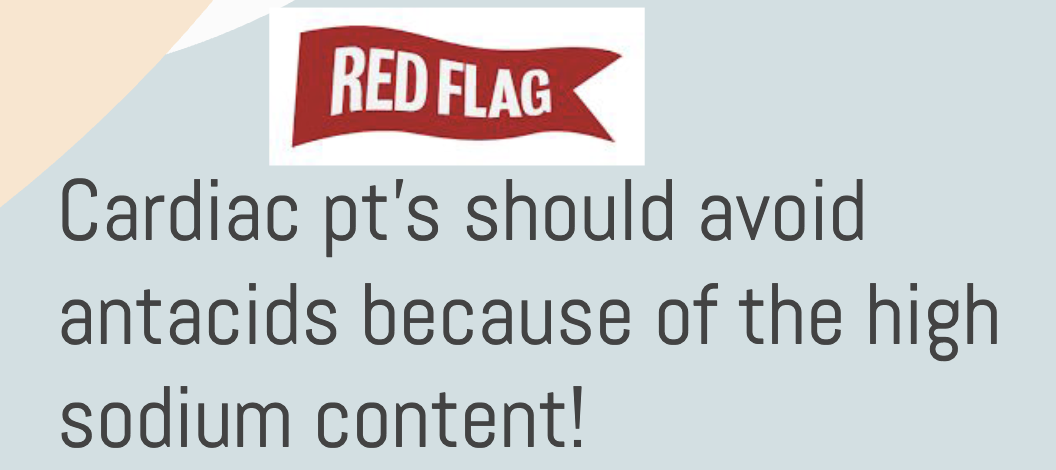
What are some DH consideration regarding a pt with GI issues?
1. Avoid/educate the on use of aspirin and NSAID use
2. Advised acetaminophen use if remaining medical hx allows
3. Pt may be uncomfortable in supine chair position (offer semi)
4. Some GI drugs may cause xerostomia (acid, dry mouth =BAD)
5. Continue to evaluate for acid erosion on dentition at each
appointment and document changes and/or stability
A miscellaneous GI drug that aids in the passing of gas.
simethicone (Mylicon, Gas-X)

A miscellaneous GI drug that is a stool softener: works by guiding water to the hard stool.
docusate (Colace)

A miscellaneous GI drug that is a laxative: works by guiding water to the colon
Miralax (polyethylene glycol)
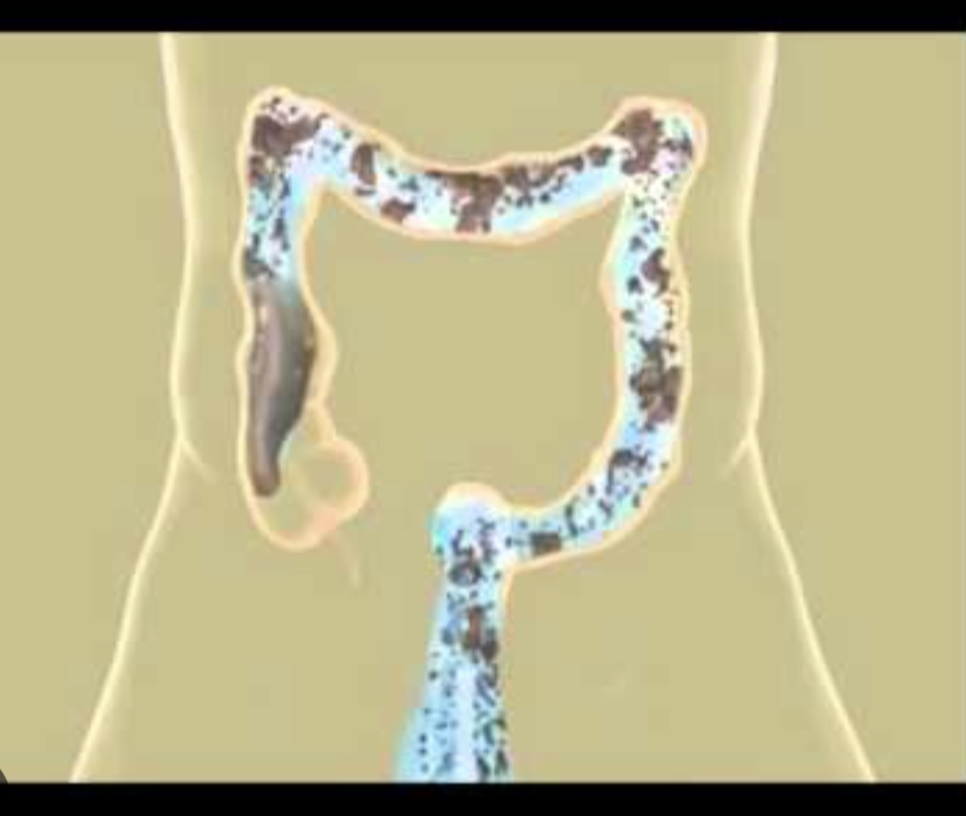
A miscellaneous GI drug that is antidiarrheal
bismuth subsalicylate (Kaopectate, Pepto Bismol)
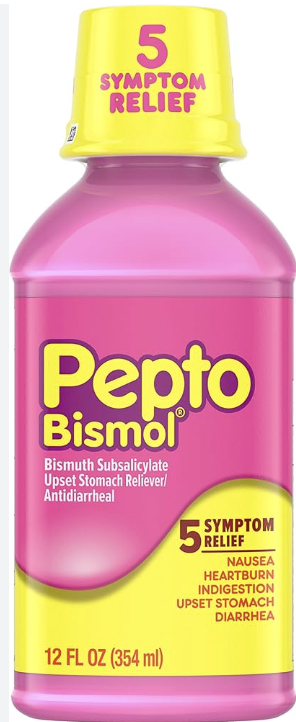
A miscellaneous GI drug that is also antidiarrheal. Hint! it was in your autonomic unit in the P- category.
loperamide (Imodium)
A miscellaneous GI drug that antinausea/antiemetic (prevents vomiting) for surgical settings
Phenergan (promethazine)
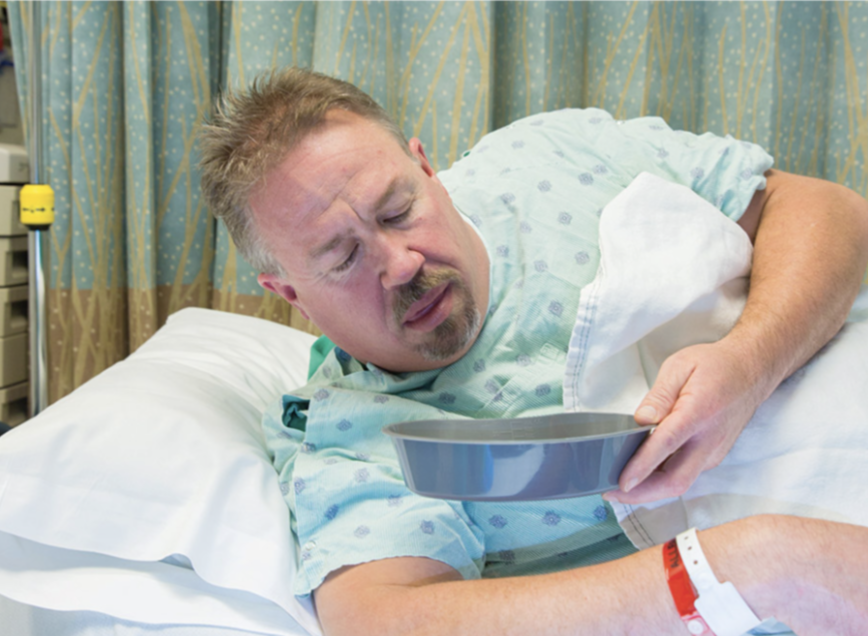
A miscellaneous GI drug that is an antinausea/antiemetic (prevents vomiting) for PRN use.
ondansetron (Zofran)

A miscellaneous GI drug that is an antinausea/antiemetic and anti anxiety (main purpose is anxiety)
hydroxyzine (Atarax or Vistaril)

A miscellaneous GI drug that is an anti nausea/ antiemetic and GERD (main purpose is for nausea)
metoclopramide (Reglan)
